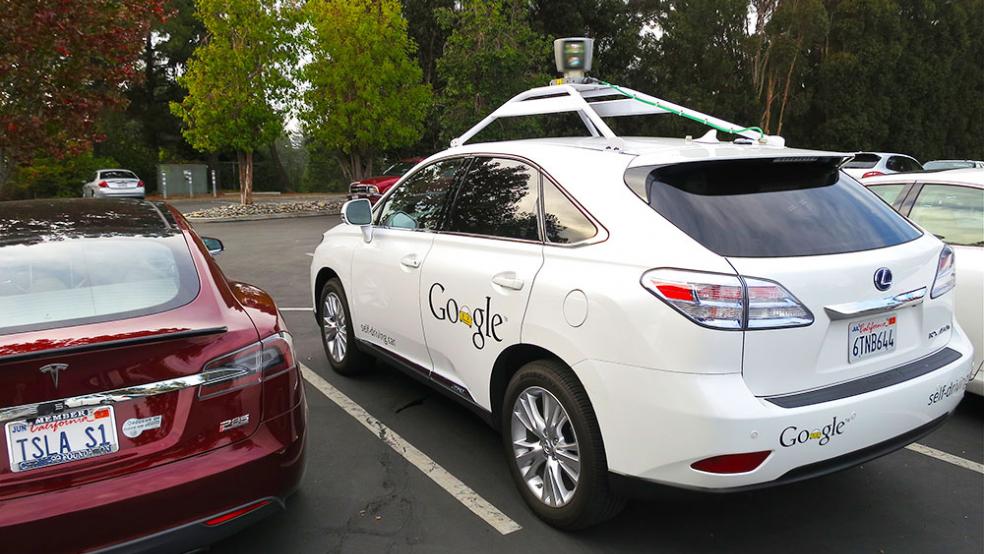While most models are still in beta mode, a new study finds that sales of self-driving cars worldwide will grow from 230,000 in 2025 to 11.8 million in 2035.
Nearly all cars will be self-driving sometime after 2050, predicts the report by IHS Automotive, Emerging Technologies: Autonomous Cars—Not If, But When.
“There are several benefits from self-driving cars to society, drivers and pedestrians,” report co-author Egil Juluiussen said in a statement. “Accident rates will plunge to near zero for [self-driving cars], although other cars will crash into SDCs, but as the market share of SDCs on the highway grows, overall accident rates will decline steadily.”
Growing demand for self-driving vehicles, which are projected to cost $7,000-$10,000 more than traditional cars in 2025 (but just $3,000 more by 2035) is good news for the auto industry. Car manufacturers are finally climbing back from the recession with 2013 sales surpassing 15 million vehicles last year, for the first time since 2007.
Related: Self-driving Cars Aren’t Here Yet – But Their Parts Are
Still, there are some barriers to widespread adoption of self-driving cars, including software reliability, cyber security, and government regulations.
Many features of self-driving cars—such as adaptive cruise control, GPS guidance systems, lane-keep assist and collision mitigating brake systems—are already making their way into new car models. The first self-driving cars to hit the road will also include options for driver control.
The North American market will account for 29 percent (3.5 million vehicles) of self-driving cars by 2035, followed by China and Europe, which will account for 24 percent and 20 percent of the market, respectively.
While the evolution of self-driving cars could be a boon to the auto industry, it also poses a threat to those who make their living behind the wheel, including 3.5 million truck drivers, 700,000 bus drivers; and 300,000 tax, livery and limousine drivers.
“Why wouldn’t corporations replace these workers with autonomous vehicles and, thereby, cut labor costs, benefits, workers compesnation claims, etc.?” Lee Vinsel, author of Taming the American Idol: Cars, Risks, and Regulations, wrote in a recent blog post. “This possibility seems not like an inevitability, but like a logical conclusion of the way our economy has worked for a long time, doesn’t it?”
Top Reads from The Fiscal Times:
- 5 Companies That May Not Survive Past 2014
- Obamacare Websites Still Not Fixed, Poll Finds
- Got Coverage? Great – Now Try to Find a Doctor





